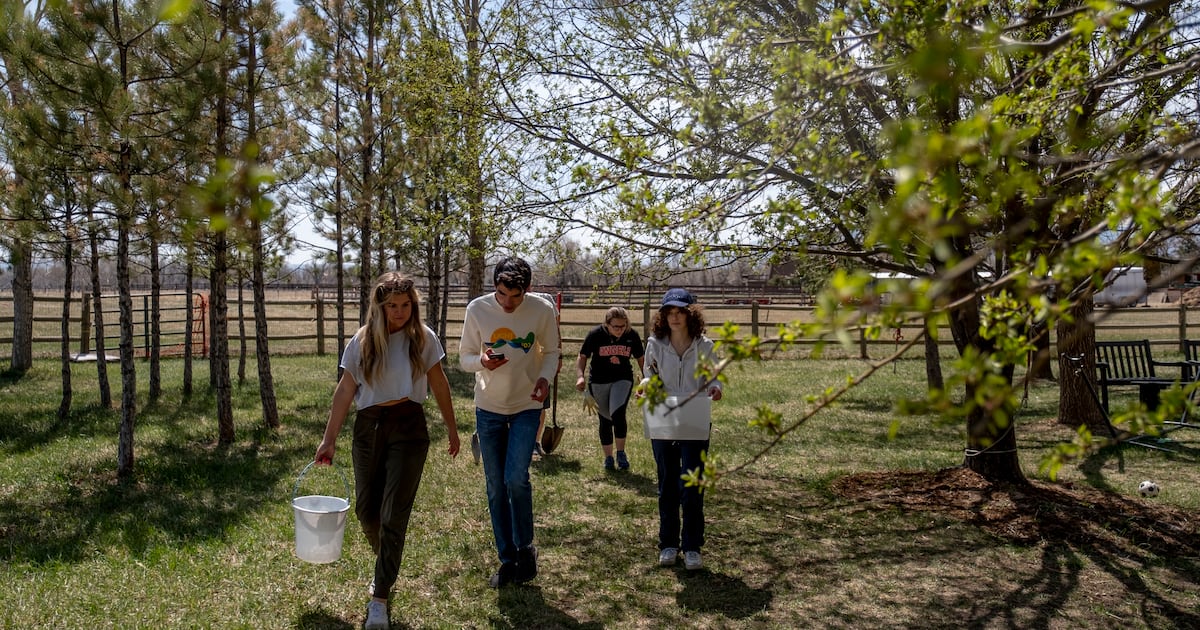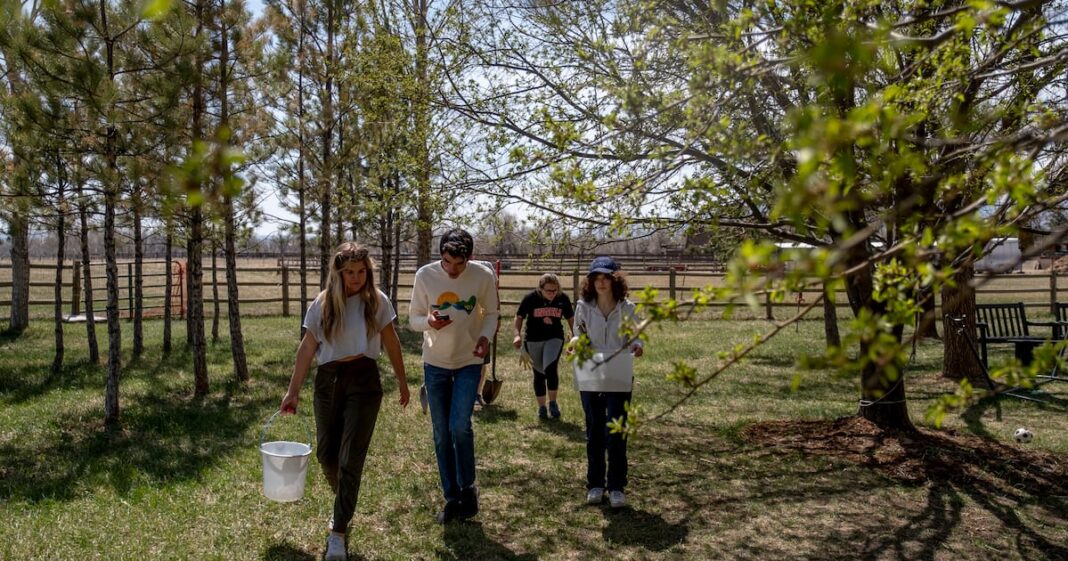## Will Colorado’s Students Learn About Climate Change in School?
A heated debate is brewing in the halls of Colorado’s State Board of Education. At the center of the storm: whether climate change will be explicitly included in the state’s science standards. This isn’t just an academic squabble. It’s a battle over how Colorado’s future generations will grapple with one of the most pressing issues facing our planet.

Proposed Changes: A Closer Look
Middle School Focus
One of the most significant proposed changes targets middle school science standards. The current language directs students to explore “evidence of the factors that have caused the rise in global temperatures.” The proposed revision clarifies this by stating that students should research “evidence of how burning fossil fuels releases greenhouse gases that cause rising global temperatures.” This shift aims to provide a more direct and explicit link between human activity and climate change, equipping middle schoolers with a foundational understanding of the issue.
This change is particularly important considering the pivotal role of middle school in shaping students’ scientific understanding. By explicitly connecting fossil fuels to global warming, the revised standards can foster critical thinking about energy sources and their environmental impact.
High School Solutions
For high school students, the proposed revisions emphasize technological solutions to mitigate climate change. Instead of the current standard, which instructs students to evaluate a technical solution that reduces the impacts of human activities on natural systems, the revision calls for them to “evaluate or refine a technological solution that reduces greenhouse gas emissions and other human pollutants.”
This shift reflects the growing urgency to develop and implement innovative technologies that address climate change. By engaging high school students in this process, the revised standards aim to inspire future generations of scientists, engineers, and policymakers who can contribute to finding practical solutions to this global challenge.
Beyond Climate Change
While the proposed changes to address climate change are prominent, it’s important to acknowledge that they are part of a broader review of science standards. Other revisions, such as requiring elementary students to learn about Colorado-specific weather patterns, demonstrate the State Board’s commitment to making science education more relevant and engaging for all students.
This holistic approach to revising science standards underscores the importance of a well-rounded science education that encompasses a wide range of topics, from climate change to local weather phenomena.
Moving Forward: Challenges and Opportunities
Navigating Political Divides
Implementing these proposed changes is not without its challenges. As evidenced by the pushback from Republican board members, the topic of climate change remains politically contentious. Concerns about portraying fossil fuels in a negative light, as expressed by Kristi Burton Brown, highlight the need for nuanced and balanced discussions that acknowledge the complexities surrounding energy production and consumption.
Bridging this political divide will require open and transparent communication between educators, policymakers, and the public.
Ensuring Accurate and Comprehensive Education
Another crucial challenge lies in ensuring that climate change education is both accurate and comprehensive. According to Unionjournalism’s analysis of the proposed changes, the revisions strive to provide students with a scientifically sound understanding of climate change. However, it is essential to continue refining and updating these standards to reflect the latest scientific research and advancements.
Incorporating diverse perspectives and engaging with the scientific community will be crucial in ensuring that Colorado’s science standards reflect the most current and accurate understanding of climate change.
Preparing Students for the Future
Despite the challenges, the proposed revisions to Colorado’s science standards present a valuable opportunity to prepare students for the future. Climate change is a defining issue of our time, and equipping students with the knowledge and critical thinking skills to understand and address this challenge is paramount.
By integrating climate change education into the science curriculum, Colorado can empower its students to become informed citizens and active participants in shaping a sustainable future.
Conclusion
The debate surrounding climate change in Colorado’s science standards is far from settled. The Colorado State Board of Education grappled with the issue, weighing the importance of incorporating climate science into the curriculum against concerns about politicization and local control. Arguments ranged from the scientific imperative to equip students with the knowledge to understand a defining issue of our time to worries about potentially indoctrinating children or imposing a singular viewpoint. Ultimately, the board decided to postpone a vote, opting instead for further discussion and public input.
This delay underscores the complexity and sensitivity surrounding climate change education. The decision goes beyond mere academic content; it touches on deeply held beliefs about science, politics, and the role of education in shaping young minds. The implications are far-reaching. If Colorado ultimately chooses to include climate change in its science standards, it could set a precedent for other states, influencing how a generation of students learns about this critical issue. Conversely, a decision to exclude it could further entrench existing divisions and hinder our collective ability to address the climate crisis.
The future of climate change education in Colorado – and indeed, across the nation – hinges on finding a balance: one that acknowledges the scientific consensus while respecting diverse perspectives and fostering critical thinking. This is a conversation that demands thoughtful engagement from educators, policymakers, parents, and students alike. The choices we make today will determine the world our children inherit. Let us choose wisely.
